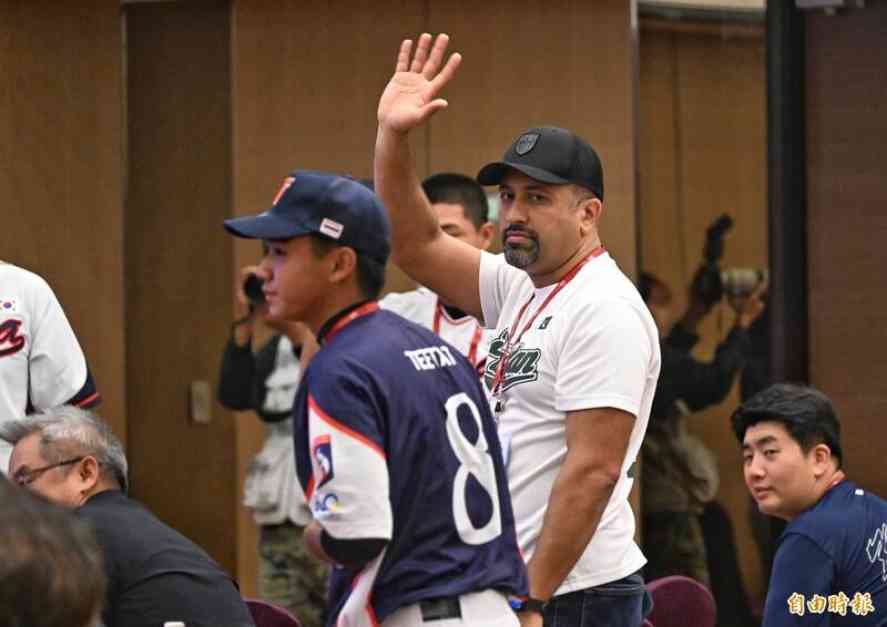Pakistan’s participation in the U18 Asian Youth Games has been marred by controversy surrounding the country’s ability to send its team to compete. Reports emerged that Pakistan’s government, influenced by China’s “One China Policy,” faced difficulties allowing most of its players to leave the country for the tournament. As a result, the Pakistani team found itself in a challenging situation as they prepared to face off against other teams in the competition.
Subheadings:
The Initial Setback: Pakistan’s Struggle to Send Their Team
Clarification on the “One China Policy” Misunderstanding
The Hurdles Faced by Pakistani Coaches and Players
The Initial Setback: Pakistan’s Struggle to Send Their Team
As the 13th U18 Asian Youth Baseball Championship was set to kick off, Pakistan, grouped alongside Taiwan in Group A, encountered a major setback. Reports indicated that due to Pakistan’s adherence to China’s “One China Policy,” several players were unable to leave the country, leaving the team short-handed. With the tournament looming, Pakistan was still in the midst of negotiations to resolve the issue and enable their full team to participate.
The Pakistani team faced further challenges as they geared up to play their first match against Thailand. However, due to a lack of players, Pakistan was handed a 0-7 defeat by default. The team’s prospects for their next game against the host nation, Taiwan, remained uncertain as they awaited resolution on the player clearance issue.
Clarification on the “One China Policy” Misunderstanding
Amidst the confusion surrounding Pakistan’s inability to send its full team, the Secretary-General of the Baseball Association, Lin Zongcheng, stepped in to clarify the situation. Contrary to earlier reports linking Pakistan’s struggles to the “One China Policy,” Lin explained that there was a misunderstanding. Initially, it was believed that Chinese authorities had influenced Pakistan’s decision to restrict player movements, but this was later found to be inaccurate information. The erroneous reports had caused unnecessary complications for the Pakistani team, further complicating their participation in the tournament.
Lin Zongcheng further emphasized that Pakistan’s ability to travel for the games hinged on official notifications from the Pakistani government. With only six players having arrived in Taiwan, the team was still awaiting clearance for the remaining members stuck at customs. The miscommunication surrounding the “One China Policy” had added an extra layer of complexity to an already challenging situation for the Pakistani contingent.
The Hurdles Faced by Pakistani Coaches and Players
The journey for the Pakistani team to compete in the U18 Asian Youth Games had been fraught with obstacles from the start. Coach Abbasi expressed his frustration at the turn of events, highlighting the diverse backgrounds of the players who had managed to reach Taiwan. Coming from the United States, Canada, and Japan, these players were Pakistani citizens who had pursued education in foreign countries, making them valuable assets to the team. However, the majority of the team, comprising local Pakistani players, remained stranded due to visa clearance issues.
Abbasi underscored that Pakistan, not traditionally known for its baseball prowess, had enthusiastic young players eager to showcase their skills on the international stage. Despite their preparations and visa arrangements being in order, the team faced a setback when customs authorities prevented their travel to Taiwan for the competition. The disappointment of the players and coaches was palpable as they grappled with the uncertainty surrounding their participation in the tournament.
In Conclusion
The unfolding saga of Pakistan’s struggles to send its team to the U18 Asian Youth Games serves as a reminder of the complexities involved in international sporting events. Misunderstandings, bureaucratic hurdles, and geopolitical influences can all impact the ability of teams to compete on a level playing field. As Pakistan navigates through these challenges, the hope remains that the spirit of sportsmanship and fair competition will prevail, allowing the young athletes the opportunity to showcase their talent and represent their country with pride.












